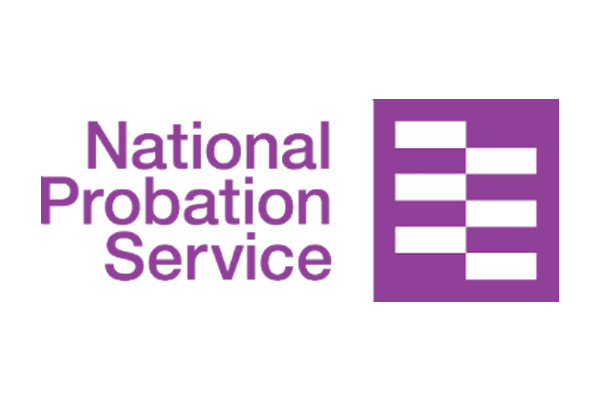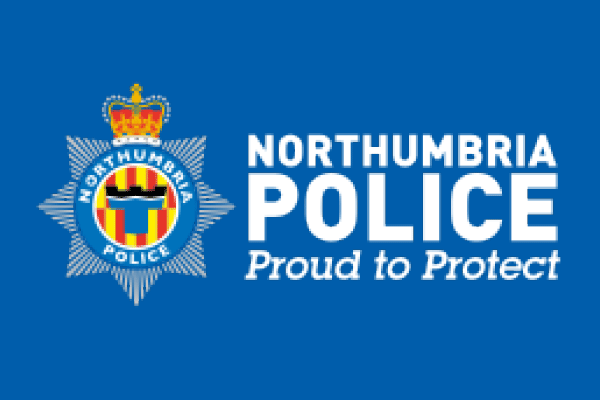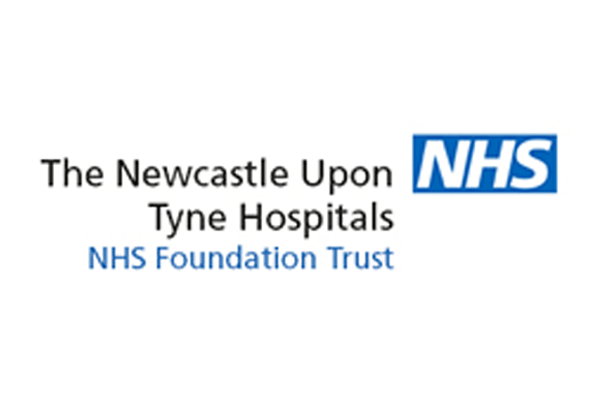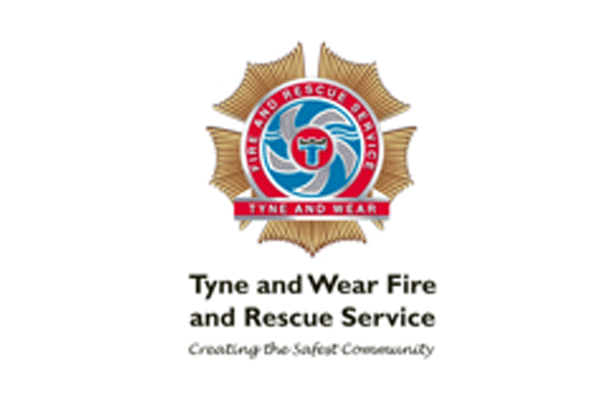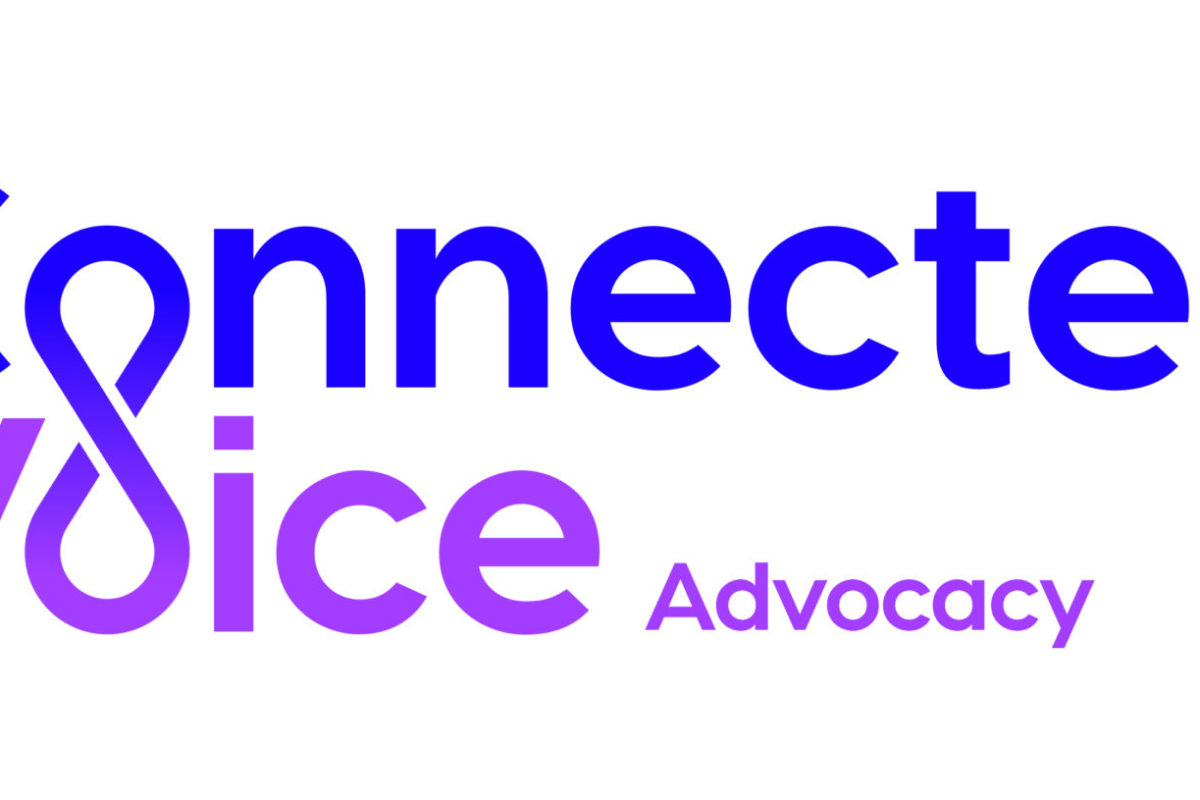Safeguarding Adults


Safeguarding adults is protecting an adult’s right to live in safety, free from abuse and neglect. It is about people and organisations working together to prevent and stop abuse and neglect happening.
The Newcastle Safeguarding Adults Board makes sure that all organisations work closely together, using the same multi agency policies and procedures, to protect and prevent abuse of adults at risk.
Abuse and neglect is never ok. If you, or someone you know is being abused or neglected, it is important to tell someone. Report it.
At this time, you can also visit our dedicated webpage on coronavirus and safeguarding adults, which includes information for professionals, volunteers and the public.
Do you know someone aged over 18 who cannot always protect themselves from harm because of care and support needs?
It might be that they could be more vulnerable to abuse or neglect and may have greater difficulty keeping themselves safe.
All agencies in Newcastle need to be familiar with and use the multi-agency safeguarding adults policy and procedures. They detail what safeguarding adults is and what needs to happen when abuse or neglect of an adult at risk is suspected.
The Newcastle Safeguarding Adults Board (NSAB) makes sure that all organisations work closely together, using the same multi-agency policies and procedures, to protect and prevent abuse of adults at risk. Find out more about the Newcastle Safeguarding Adults Board and it’s sub-committees.
As well as the policy and procedures, the NSAB produce a variety of topic-based resources, briefing sheets and other learning tools.
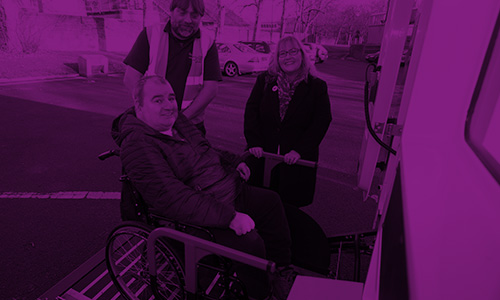
People are supported and
encouraged to make their own decisions and informed consent
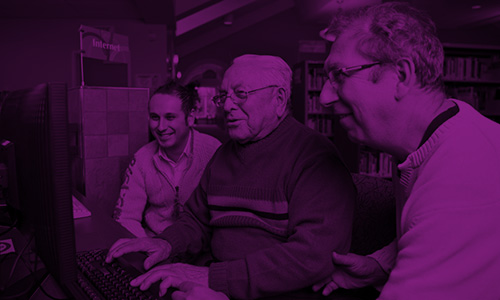
It is better to take action before
harm occurs
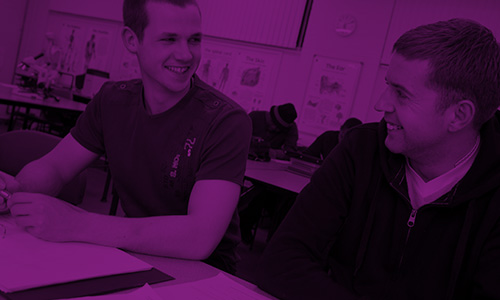
The least intrusive response appropriate to the risk presented
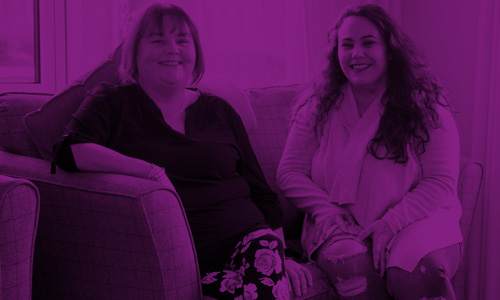
Support and representation
for those in greatest need
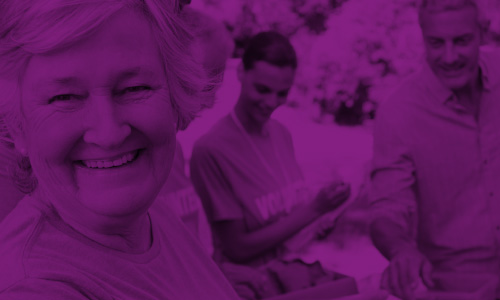
Local solutions through services working with communities

Accountability and transparency
in delivering safeguarding
Abuse or neglect can happen to anyone, anywhere. It can take place in a person’s own home, in a residential or nursing home, a hospital, day centre or in the street. Most abusers are known by the adult at risk. Abusers can be:
The Board meets six times a year to agree a work plan and review how well we’re doing. Our findings are published in our annual reports. The Newcastle Safeguarding Adults Board has an Independent Chair: Vida Morris.
The agencies represented on the Board are:


